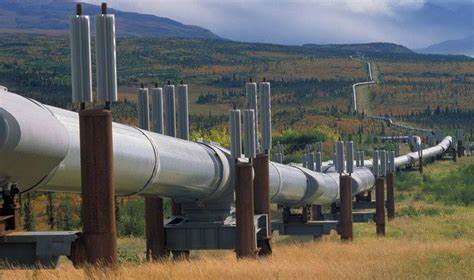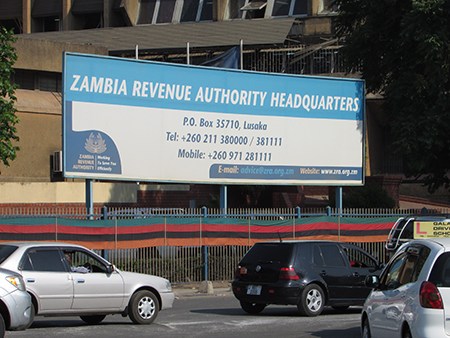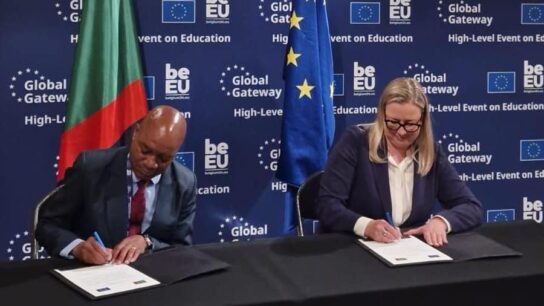• Previously, the country was supplied from two sources, namely crude oil imported and refined by INDENI.
• Indeni Refinery will no longer refine crude petroleum products.
• TAZAMA pipeline will be converted to transport finished products only.
Energy Minister says Zambia’s fuel supply situation is stable and above the required threshold, despite the adverse effects that international oil prices have had on the country.
Speaking at a media briefing, Peter Kapala stated that with government’s energy reforms that have changed the fuel supply chain, Indeni Refinery will no longer refine crude petroleum products, hence all the country’s needs for petroleum products will now be met through direct importation of finished products.
Mr. Kapala said TAZAMA pipeline will be converted to transport finished products only, starting with Low Sulphur Gas Oil (LSG)/Diesel.
“As you may be aware, previously, the country was supplied from two sources, namely crude oil imported and refined by INDENI and finished products supplied by contracted Oil Marketing Companies (OMCs). This was the motivation to align the consumption period of imported crude oil and finished products to the pricing cycle. Hence the use of the Cost-Plus Model (CPM) to review prices every sixty (60) days.”
“This change in the supply structure has made it inevitable that we shorten the petroleum price review cycle. This is because the importers of petroleum products are subjected to prices that are consistent with what is prevailing on the international oil market,” Mr. Kapala said.
He further explained that in order to maintain domestic prices at cost reflective levels, it is important that prices are continuously adjusted in line with the dictates that influence domestic prices such as the performance of the Kwacha against the US dollar and International Oil prices, hence justifying the quarterly review of fuel prices.
“I wish to state that, if we do not apply this principle consistently, there is a risk of threatening security of supply of fuel to the domestic market. Notably, the use of monthly reviews is beneficial to the economy as it provides cost reflective prices of petroleum products and therefore protects the interests of all key stakeholders in the petroleum value chain.
“Further, the principle provides an immediate positive response in cases where oil prices and the exchange rate become favorable to warrant a price reduction,” he stated.
Mr. Kapala noted that world oil demand will continue to outstrip supply, adding that beyond March, 2022, it is anticipated that the price of crude oil would remain above US$100 per barrel, and the trend is expected to continue, owing to the heightened levels of uncertainty arising from the Russia-Ukraine War.
He said the global oil situation has adversely impacted Zambia and will continue to do so in the short to medium term because the country imports all its petroleum products and therefore is directly affected by any movements and volatility on the international oil market.
“Government through the Energy Regulation Board (ERB) has continued to engage all the key stakeholders in the fuel supply chain in order to understand their operational challenges and opportunities, and agree on workable approaches to addressing these challenges.
“As the situation stands, the majority of stakeholders have expressed support for the (30) thirty-day review cycle,” Mr. Kapala added.







